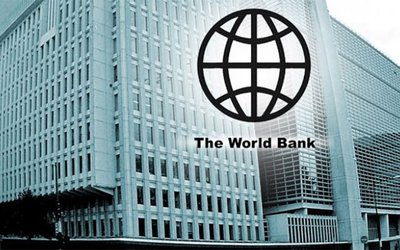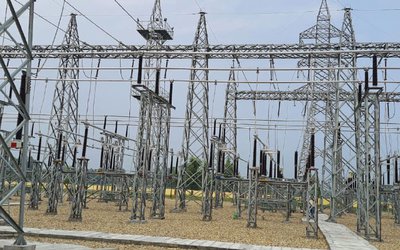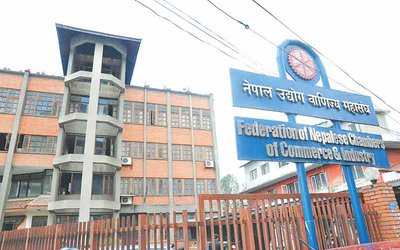More on Economy




Coffee from the Himalayas: EU Nepal Trade Cooperation Contributes To Sustainable and Inclusive Rural Development
The second meeting of the Steering Committee of the EU-Nepal Trade and Private Sector Development (TPSD) program was convened and chaired by Naindra Prasad Upadhyay, Secretary of the Ministry of Commerce (MoC) recently. The Steering Committee comprised representatives from the government, business membership associations and the European Union (EU) and reviewed progress made since the inception of the program in April 2015.
The 6 million Euro TPSD program closely works together with organizations representing producers, exporters and importers. It covers key themes such as trade policy and capacity building, quality infrastructure and value chain development. A specific emphasis is on bringing productivity and exports of coffee from the Himalayan republic to a new level. Some important results achieved during the last 9 months include capacity development at the National Tea and Coffee Development Board (NTCDB), the Ministry of Commerce, Ministry of Agriculture and other line agencies through developing the strategy and capacity development plan of NTCDB, training on value chain based business plan analysis, productivity enhancing measures and district visits. The training was mainly provided to the frontline extension officers who can then guide and plan for necessary actions. For the semester ahead an important emphasis is to establish a pilot collaboration with EU and the Nepalese Coffee Producers Association and Cooperatives through NTCDB and to enhance quality infrastructure with top notch equipment.
According to a press release issued by European Union, MoC Secretary Naindra Prasad Upadhyay stated during the meeting: "This project will help growing the Nepali coffee sub sector with value chain development involving all sub-sector actors."
Meanwhile, Andreas Roettger, Head of Cooperation of the EU Delegation to Nepal noted, "Trade can be a catalyst for sustainable and inclusive development and added value job creation and that's why the EU is committed to invest in Aid for Trade programs. Nepal's challenges in 2015 were daunting and the TPSD nevertheless made progress. This is encouraging and shows the relevance of the program. Opportunities to enhance Nepal's agricultural productivity are huge."
For the private sector the representative of FNCCI, MAnup Shrestha emphasized the need for economies of scale of coffee production to be well positioned in a global market and is looking forward to project support in the days to come to foster competitiveness.





